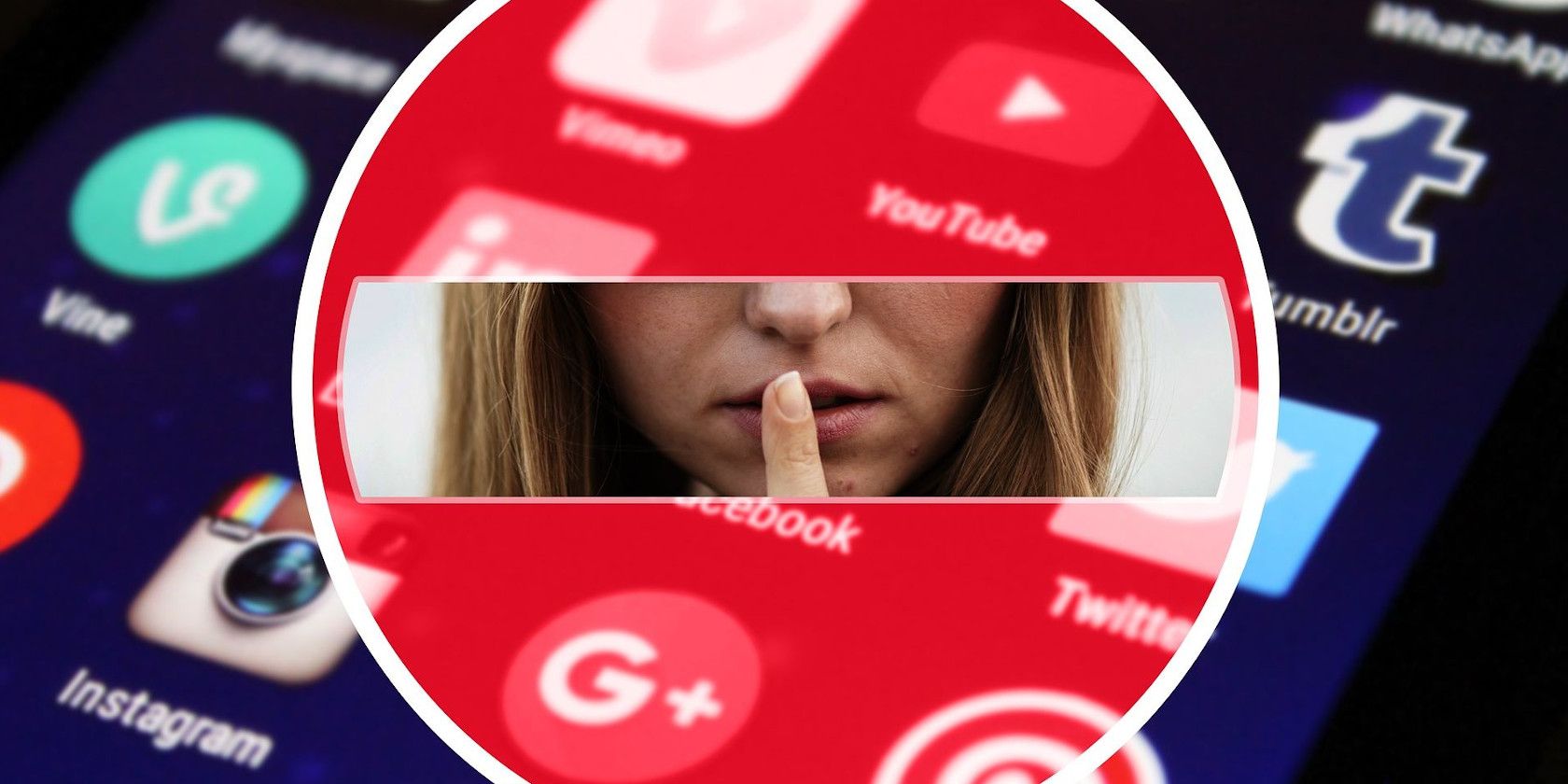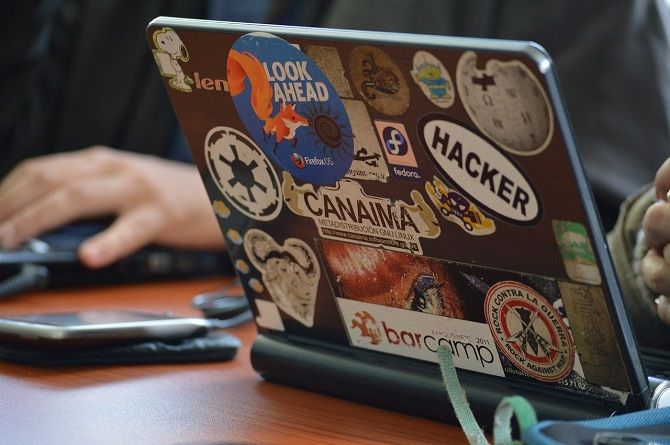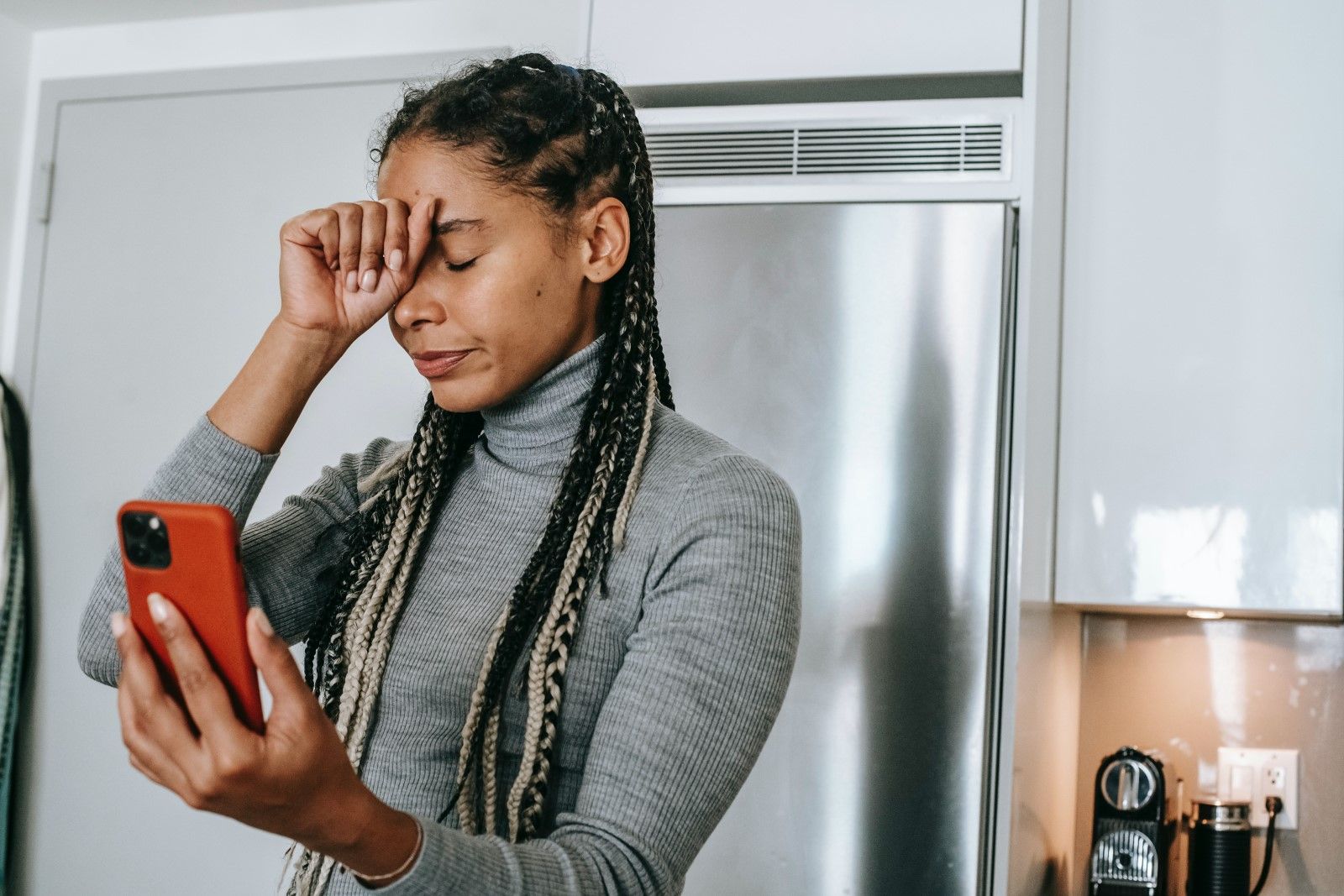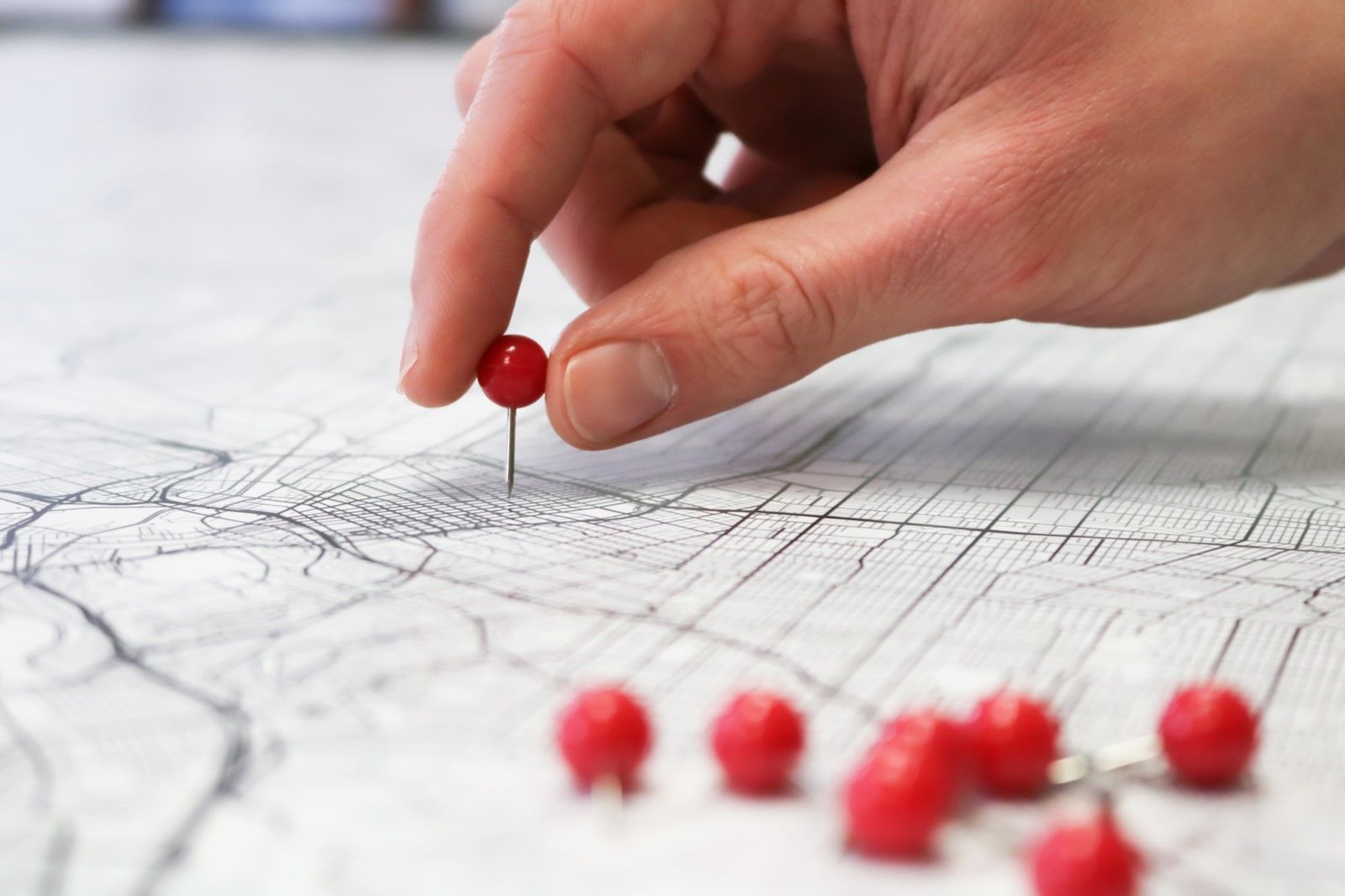Dating apps have revolutionized the way people meet in the modern world—making it easier than ever to find romantic partners who share your hobbies, interests, and goals.
However, like most technology, they also bring various concerns. Here are five of the biggest privacy disasters and risks these apps can expose us to.
1. Private Data Leaks and Breaches
The extent of data harvesting in dating apps already compromises privacy, but this issue is compounded by security breaches and data leaks.
With private data proving so valuable, it's a frequent target of hackers and cybercriminals. The consequences of a dating-site data breach can be far-reaching. For example, after the Ashley Madison breach, many users' workplaces were identified due to their use of company email addresses.
But even if you're not using a more controversial service like Ashley Madison, sensitive data could be harvested and leaked by companies. Sometimes, that data is shared with third parties purposefully. For example, in 2018 Grindr admitted it had shared the HIV status of users with other companies. While this data was encrypted, the backlash from users resulted in Grindr ending its policy of sharing this data with third parties.
Since dating apps may have more sensitive data, a leak of your private data could have significant consequences.
How to Avoid Dating Profile Data Leaks
There's nothing a user can do to prevent data breaches on the platform's side. However, you can take some precautions to protect your privacy while using online dating.
These include not reusing passwords, usernames, or email addresses across platforms. You should also not use an existing profile, like your Facebook profile, to log into a dating profile. Using the same credentials on multiple profiles means that the breach of one service gives access to all other linked profiles.
If you're sharing very personal information on your dating app profile, should set up a completely unique email address and profile when making your account rather than linking it with existing accounts. And don't use your work email for dating sites.
2. Cyberstalking
When it comes to cyberstalking, there are multiple ways for people to link your dating profile to your other online profiles. This is especially true if you re-use usernames and profile pictures across sites. Apps like Tinder also let you link your Instagram account.
Cyberstalking is a risk on any social platform, but dating apps can result in cyberstalking and physical stalking because of their personal nature. A potential match may not handle rejection well, or you may find someone you didn't even match with contacting you through other social media profiles.
Furthermore, if you link your Instagram profile to your dating profile, geo-tagging your pictures can make it much easier to find the places you frequent, such as your workplace or favorite café.
How to Reduce Cyberstalking Risks on Dating Apps
When it comes to cyberstalking, it's important to reduce the risk of stalkers finding your dating profile by keeping your dating profile separate from other profiles that can be used to identify you or your workplace. In order to keep your profiles separate, take the following precautions:
- Use unique images of yourself.
- Never post or share your home address.
- Don't share any identifying information that makes stalking easier for strangers.
- Keep private communications within the dating app's chat client for as long as possible, since they don't require you to share a phone number like other chat apps.
3. Harassment
Not everyone you meet on dating apps is a catch. In fact, some users may resort to online harassment in response to rejection. A 2020 survey by the Pew Research Center found that 60% of women under the age of 35 who have used online dating sites or apps said that someone continued to contact them even after they said they were not interested. Over half of users who were women aged between 18 and 34 also said they have been sent an unsolicited sexually explicit message or image.
Like with cyberstalking, harassers may track down your other social media profiles. They may also share screenshots of your dating profile or conversations in an attempt to shame or embarrass you. Or they may continue to send you explicit content.
How to Deal With Dating App Harassment
Unfortunately, you can't predict if a potential match will be a harasser. However, you can take action if someone begins to make you uncomfortable.
This includes reporting their profile to the dating app or site so that they can't harass you or other users. Also, make sure to not link your social profiles to your dating profiles.
If someone does track you down on social media, block them so that they can't message you. And if they continue to post about you, report them for harassment.
4. Cyber-Extortion
As we've mentioned, dating apps have more sensitive personal data than the average social media app. This includes sexual preferences, fetishes, dating preferences, HIV status, and other private information that can be used to extort or "out" individuals.
Extortion and discrimination can happen when data is leaked or when a person's identity is linked to a dating account. This is especially true in contexts or countries where this information attracts significant stigma or in countries where homosexuality is banned and persecuted.
If you've shared intimate images on a dating app, these can also be used for cyber-extortion or harassment.
How to Avoid Cyber-Extortion
Again, use caution regarding who you trust and what personal data you share on dating apps.
Follow these simple tips:
- Use a unique email address for a dating profile.
- Do not share intimate images that can be used to blackmail you.
- Read the privacy policy and terms-of-service of dating sites and apps to see what data they share with third parties.
5. Triangulating Your Location Using Dating App Info
Some of the privacy risks you face while online dating are features that are built into the app itself. While geolocation is useful for judging the approximate distance of a match, some apps record your precise location rather than your general location.
This means that creeps or scammers can triangulate your location by recording their distance from you at different locations and plugging the data into a triangulation tool. So regardless of what you upload to your profile and how careful you are with private information, someone could still use this geolocation data to track down your workplace or home.
How to Protect Your Geolocation Data on Dating Apps
Where possible, don't grant apps permission to use your exact or precise location. Rather opt for a general area.
Some apps only include this option in premium plans. For example, Tinder Plus differs from free Tinder in part due to its additional privacy features, like not showing your distance. So you can choose to either subscribe to an app to hide your location or avoid apps that use your precise location completely.
Stay Safe on Online Dating Platforms
Dating apps always carry privacy risks, but make sure to take precautions when choosing to use a platform. Always take into account a company's track record with user privacy and data. And most of all, stay safe.




